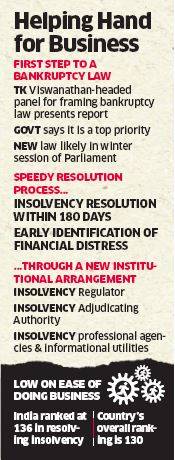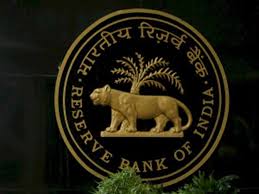
Investment of Rs 4,000 crore in wind energy projects is on the verge of becoming non-performing assets, as over 550 MW of projects that are ready to generate electricity are stranded because a state utility has refused to sign power purchase agreements (PPA) or issue commissioning certificates.
Projects of Tata Power, ITC, Jindal Steel subsidiary Maharashtra Seamless, Hero Future Energies, Green Infra Wind Energy and Continuum Wind Energy are facing the risk. “Wind energy projects, which do not start generating power within two years of taking loans can be declared ‘non-performing’ by the RBI,” said Sunil Jain, President, Wind Independent Power Producers Association. “All these developers face this threat, even if they have been paying interest on their loans. This will affect their credit worthiness for future bank loans.”
Project developers are waiting for action from the Maharashtra State Electricity Distribution Co Ltd (MSEDCL), which has refused to sign PPAs or issue commissioning certificates.
Jain said 364.15 MW of wind projects were ready in 2014-15 and another 192.05 MW were completed in 2015-16.
The distribution company defended its position. “We are working in accordance with the state’s new renewable energy policy,” said MSEDCL Chairman Sanjeev Kumar, unwilling to go into details. The Maharashtra Energy Development Agency (MEDA), which handles nonconventional energy in the state, did not respond to queries.
Maharashtra released a new renewable energy policy in July last year, which said “a total of 5,000 MW capacity of wind energy projects shall be commissioned. Out of that, an initial 1,500 MW will be used to fulfill RPO (renewable purchase obligations) of distribution companies, and the rest, 3,500 MW capacity of wind projects, can be utilised as open access for inter-state/ intra-state open access/captive consumption/REC (renewable energy certificates), etc.”
MSEDCL, however, has conveyed to developers that the 1,500 MW of installed capacity from which it will accept wind power, will be from 2011 and not from the time of release of the new policy. Between 2011 and July 2015, when the new policy was unveiled, MSEDCL had already signed PPAs for around 1,000 MW of wind power, which meant it would accept only 500 MW more.
In practice, it has not done even that, developers said. “Not a single PPA with a wind energy producer has been signed since the new policy came out,” said Jain. “Besides, it is absurd to apply a policy retrospectively. We have projects ready to start generating at the press of a button, but we are not being allowed to do so.”
As of December 2014, Maharashtra had 3052.7 MW of installed wind capacity.
“We have complained to the Maharashtra chief minister, the Prime Minister’s Office, the finance ministry and the Ministry of New and Renewable Energy,” said Jain. “Every investor and developer in wind energy in Maharashtra is suffering.”
Source: http://economictimes.indiatimes.com/articleshow/51576997.cms?utm_source=contentofinterest&utm_medium=text&utm_campaign=cppst






